projects
BLUE BERM
-GRAZING FARM AND LAB-
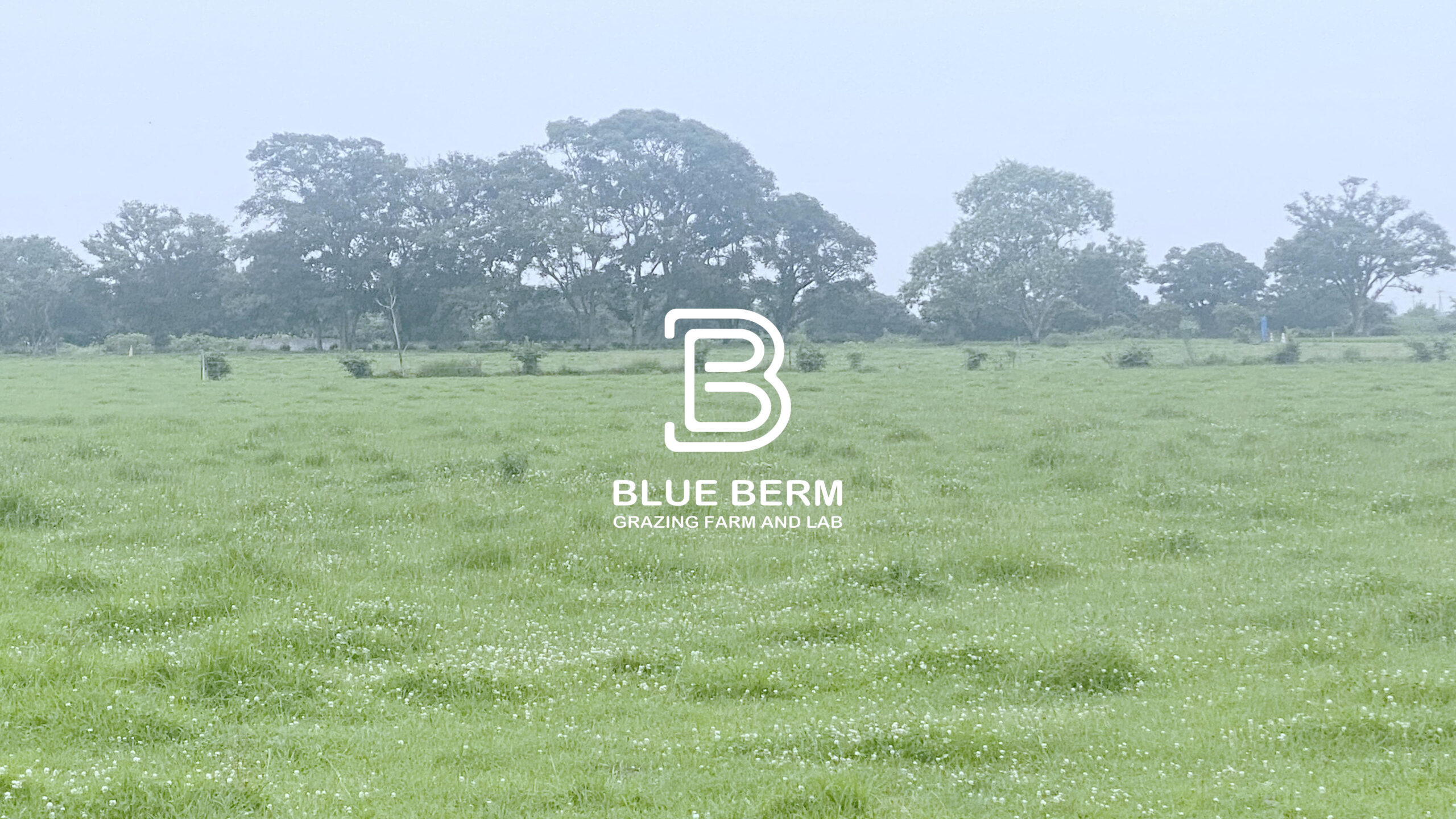
The FUTURE of AGRI DESIGN
Tripod Design and Shintone Cooperative Farming School Farm focus scientifically on the ecosystem and the origins and cycles of natural objects in the agricultural and dairy farming environment where life and nature meet, and aim to propose to society a design for a unique way of growing crops and nurturing organisms that maximizes the vitality of nature in its natural state, Our goal is to provide richer and safer food.
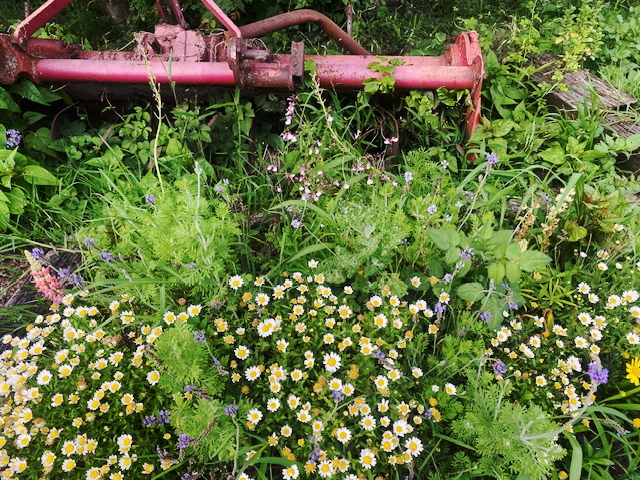
BIO FARM FRONTIER
In the development of the agricultural environment at BLUE BERM, we aim to create an environment with a strong awareness of biodiversity based on the concept of BIO FARM. In BIO FARM, we are practically developing a new GRAZING and VEGITATION FARM design based on scientific research and analysis of the symbiosis and activation of various insects, plants, and animals in their habitats, from the ecology of microorganisms.
GRASS FED
Cows at BLUE BERM are raised on grass-fed pasture. Grass-fed increases the amount of organic matter in the soil, which leads to greater biodiversity. The cows generally do not eat grain, but instead eat silage and hay that is cut on the farm earlier in the year and stored for winter feed.
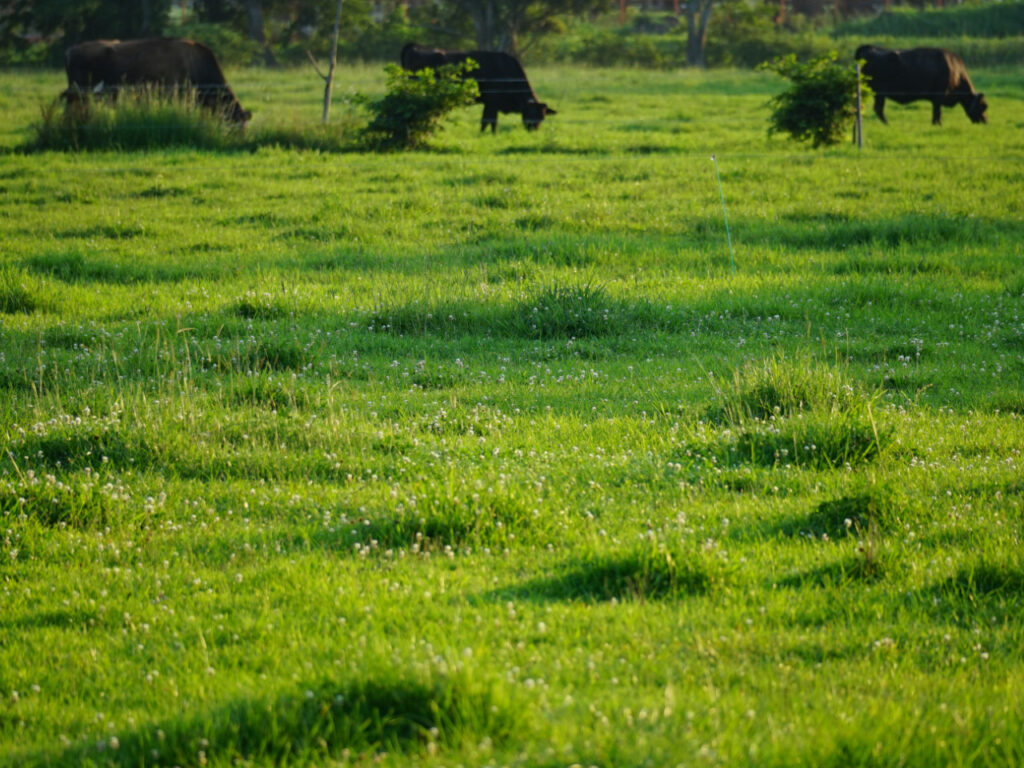
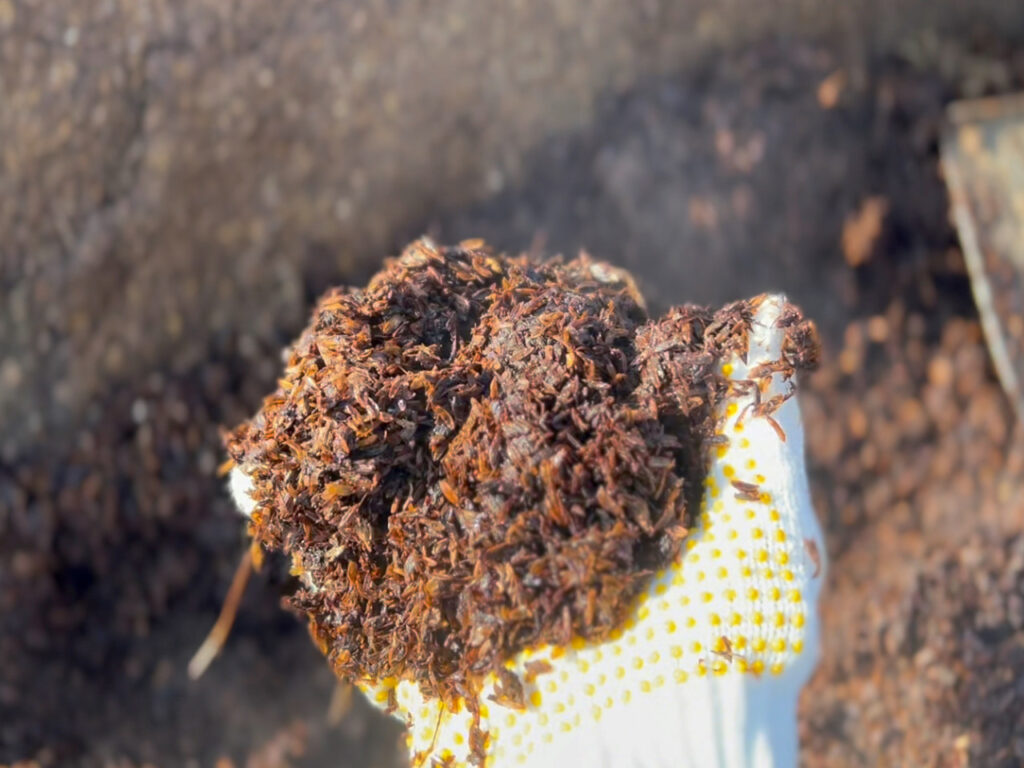
COMPOST
Cow manure grown on natural grasses by pasturage is characterized by its lower odor than that of cow manure grown on common grains. The fully matured compost has no unpleasant odor and is used as an excellent soil component as a fertilizer for growing plants and vegetables. BLUE BERM composts cow manure over the course of a year and conducts research to apply this production process to composting using food loss and weeds.
WORM CAST
The one-year cow manure compost is home to many earthworms, making it a natural worm compost (worm castings). Worm castings are nutrient-rich organic fertilizer derived from earthworms that is effective and safe for use on all types of plants. The excrement of worms that eat the compost improves soil aeration and drainage, as well as increases soil water retention. In Japan, they are rarely seen, but if you look overseas, you will find many worm casting farmers, and many worm castings are distributed as natural fertilizers, including worm tea (see below). BLUE BERM practices worm casting production as a research subject for soil improvement and plant cultivation.
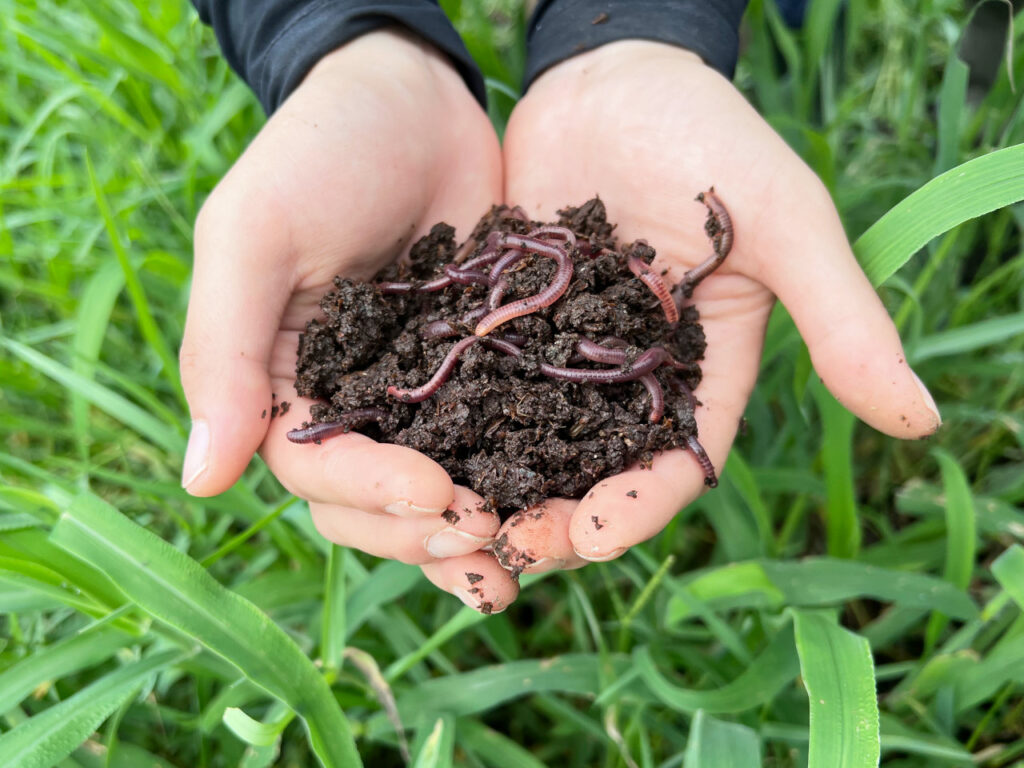
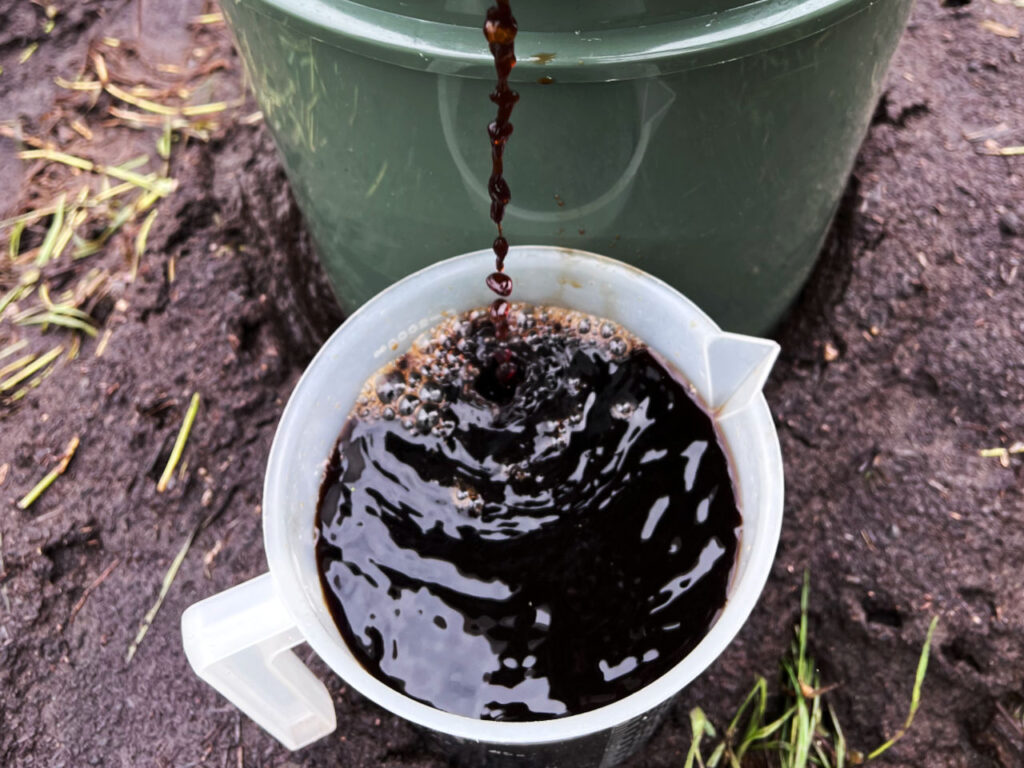
ORGANIC WORM TEA
Worm Tea is a liquid fertilizer known for its ability to promote microbial activity in soil by adding bacteria, fungi, actinomycetes, and protozoa. It is made from the excrement of earthworms living in the soil and contains a well-balanced blend of essential nutrients and microorganisms for plants. It is a liquid fertilizer that is not so familiar in Japan, but is commonly sold overseas as worm tea or worm juice. BLUE BERM produces 100% organic worm tea using cattle manure compost produced on the farm.
WATER PURIFICATION
A large amount of fertilizers are used to grow food in rice paddies and fields, and many fertilizer components are leached into agricultural wastewater. Excessive amounts of these components can lead to deterioration of water quality and affect the ecosystem of the area. BLUE BERM researches water purification methods using natural products, focusing on the removal of nitrogen and phosphorus in water and the allelopathic effects of aquatic plants.
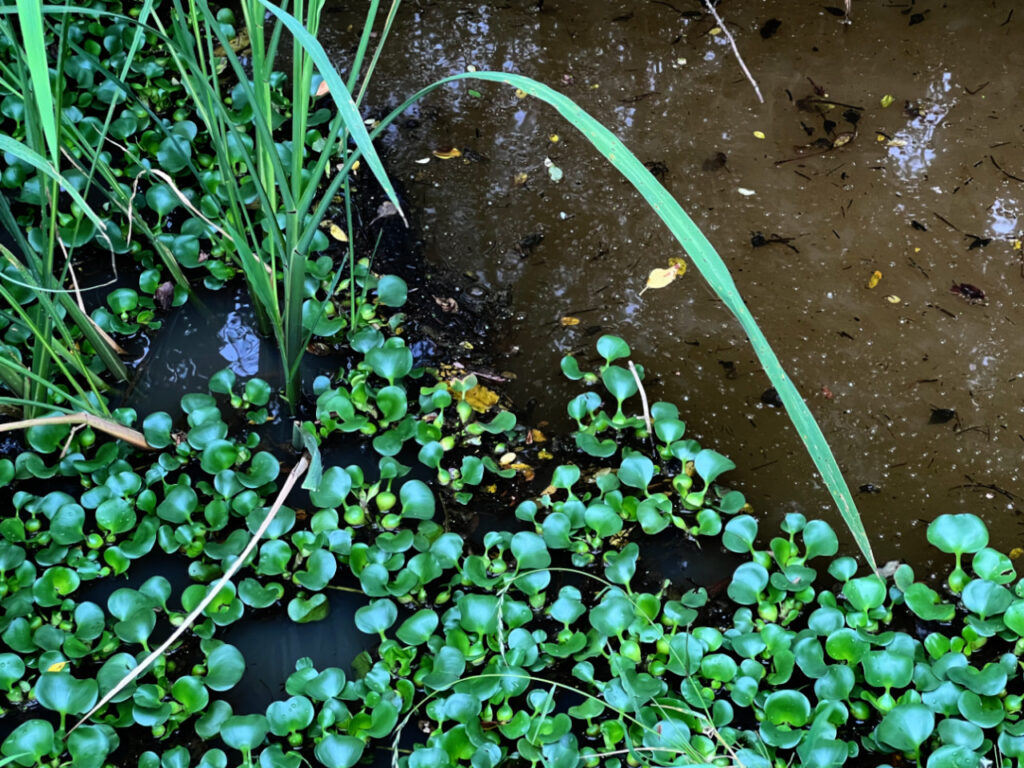
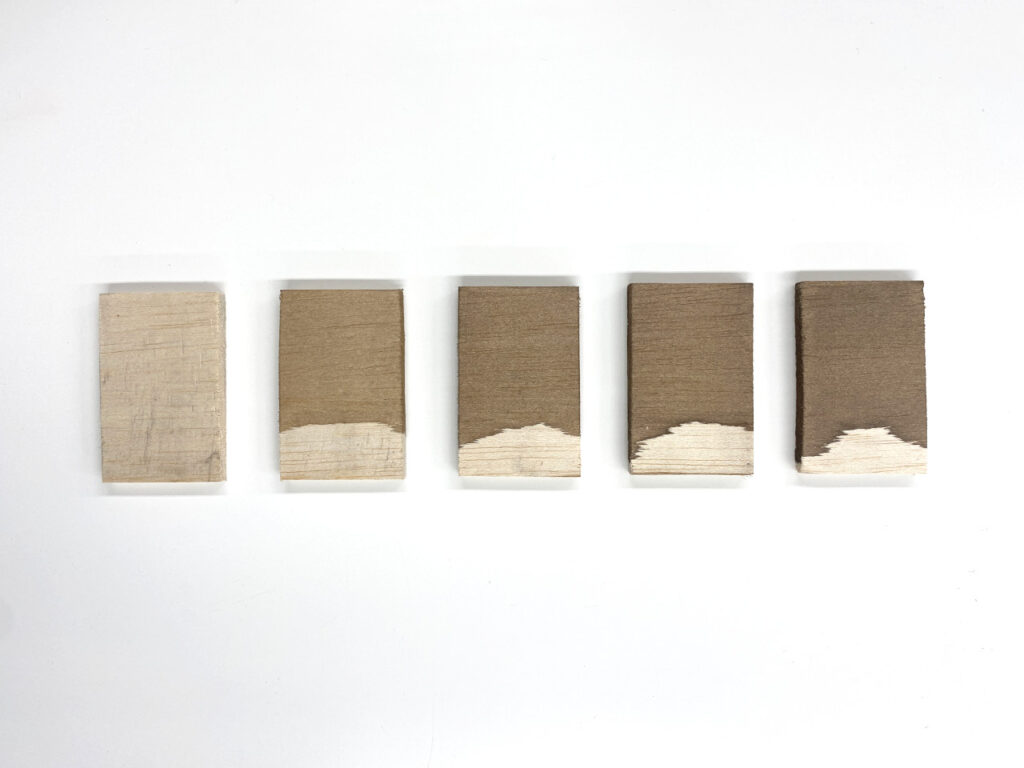
COMPOST COLOR
Compost made outdoors extracts a black liquid that looks and feels like coffee when it rains. The liquid extracted from properly treated compost is surprisingly odorless and has no visible impurities. BLUE BERM has focused on the beauty of this extracted liquid and has researched ways to utilize it as a dye produced by nature.
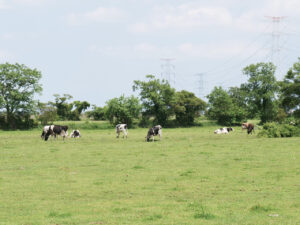
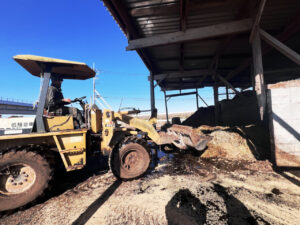
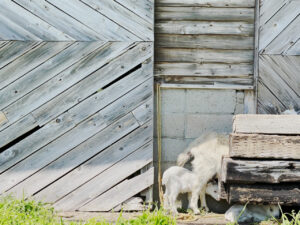
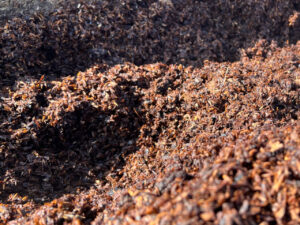
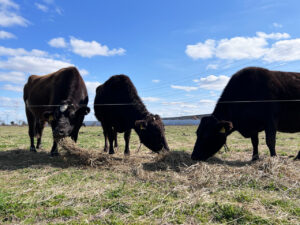
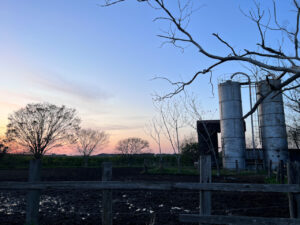
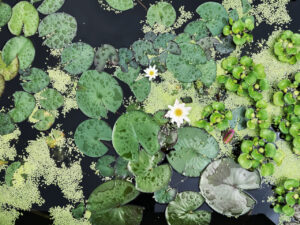

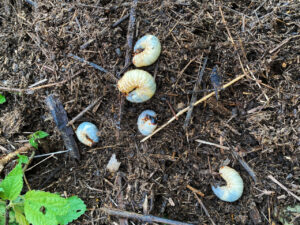
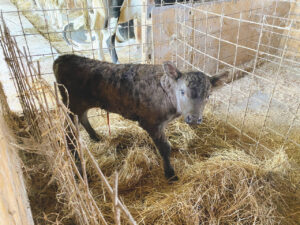
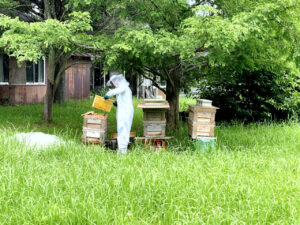
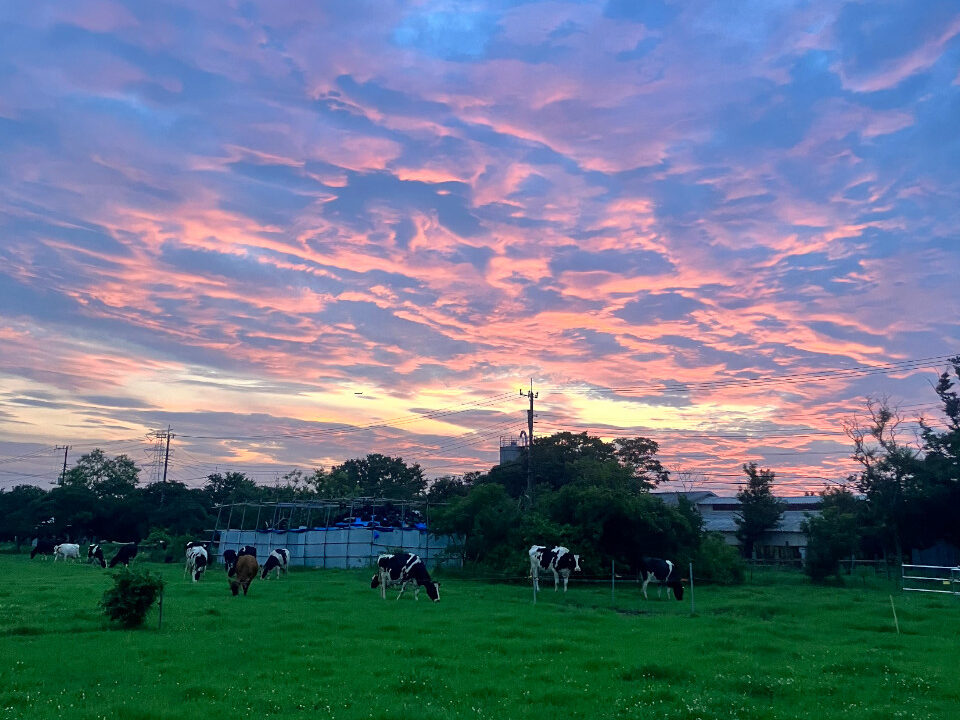
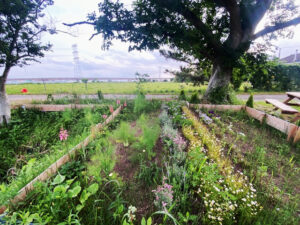
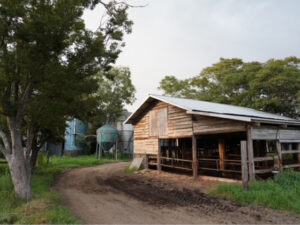
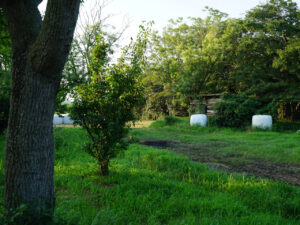
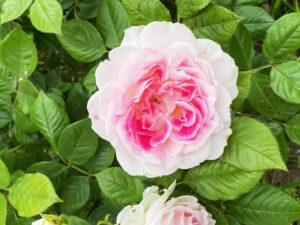
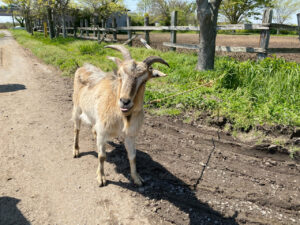
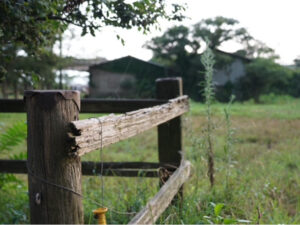
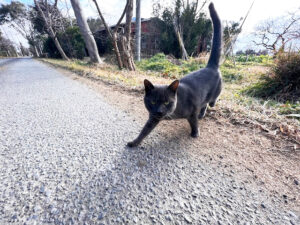
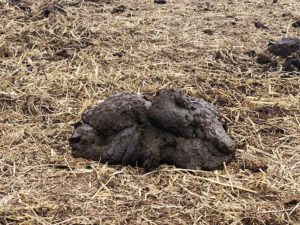
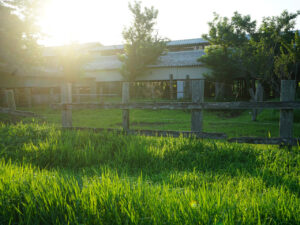
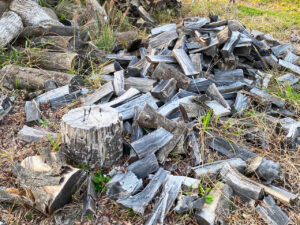
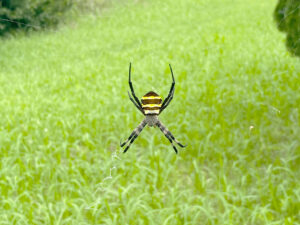
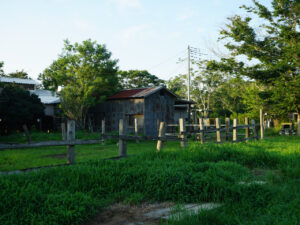
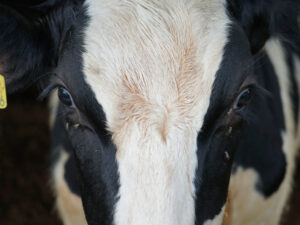
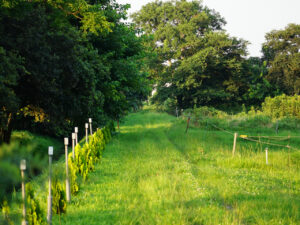
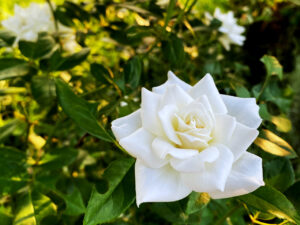
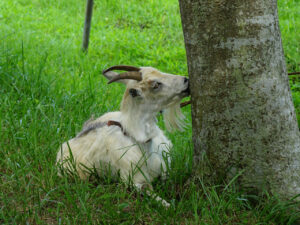
Contact:info@tripoddesign.com